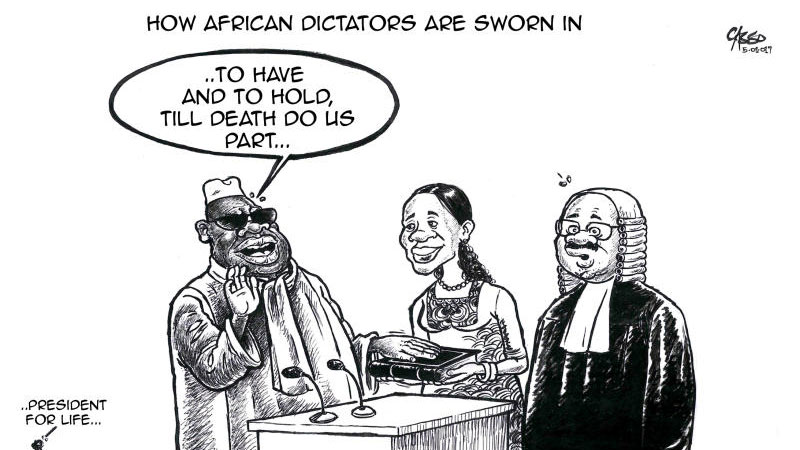×
The Standard e-Paper
Kenya’s Boldest Voice

The positive side to most African leaders has been as short-lived as a gob of spit; noble at the beginning but awful in a moment. Ugandan opposition leader Kizza Besigye sums it up that there are only two sets of people in Africa − the oppressors and the oppressed.